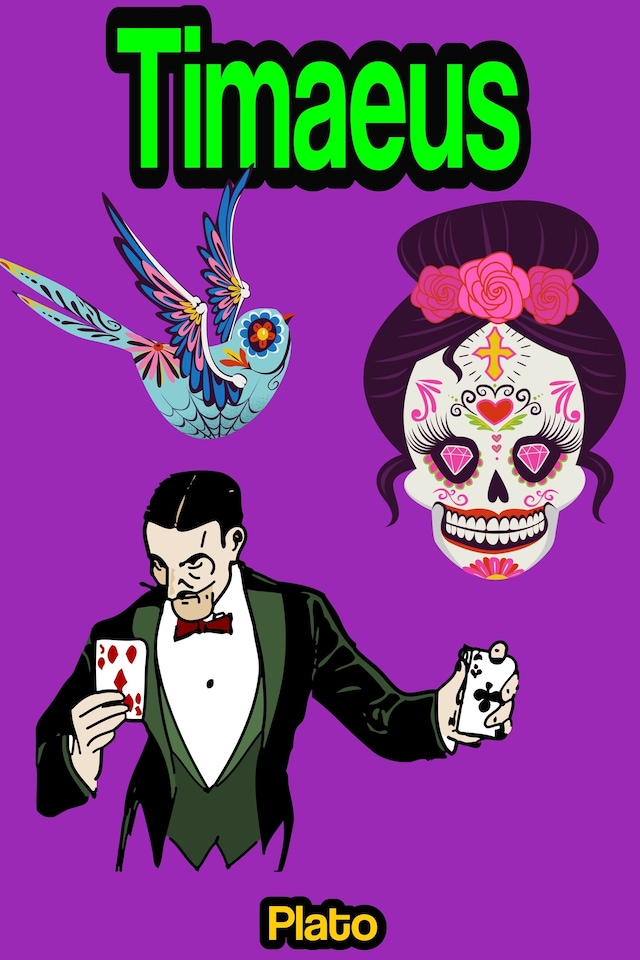Timaeus
Timaeus by Plato is one of Plato's dialogues, mostly in the form of a long monologue given by the title character Timaeus of Locri, written c. 360 BC. The work puts forward speculation on the nature of the physical world and human beings and is followed by the dialogue Critias.
Participants in the dialogue include Socrates, Timaeus, Hermocrates, and Critias. Some scholars believe that it is not the Critias of the Thirty Tyrants who appears in this dialogue, but his grandfather, who is also named Critias.
It has been suggested from some traditions (Diogenes Laertius (VIII 85) from Hermippus of Smyrna (3rd century BC) and Timon of Phlius (c. 320 – c. 235 BC)) that Timaeus was influenced by a book about Pythagoras, written by Philolaus, although this assertion is generally considered false.
The dialogue takes place the day after Socrates described his ideal state. In Plato's works, such a discussion occurs in the Republic. Socrates feels that his description of the ideal state wasn't sufficient for the purposes of entertainment and that "I would be glad to hear some account of it engaging in transactions with other states" (19b).
 Plato
Plato 243 Sidor
243 Sidorfrån 9,99 kr/mån
Fyll ditt liv med berättelser
